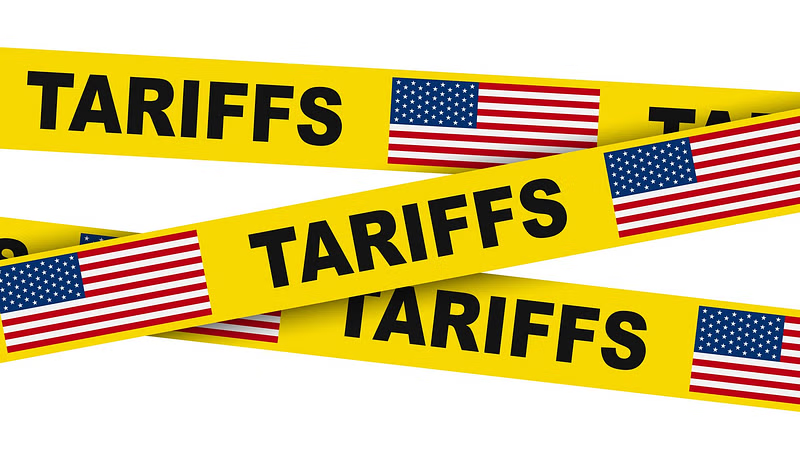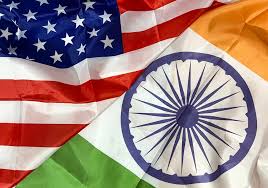New 26% reciprocal tariff by the U.S. sparks fears for Indian agri exports, from shrimp and rice to agrochemicals

The U.S. decision to impose a 26% reciprocal tariff on Indian goods has cast a shadow over India’s export-driven agriculture and allied sectors. Key products like shrimp, basmati rice, and agrochemicals face serious competitiveness issues, with ripple effects expected on employment and farm incomes.
Shrimp exports, worth $2.4 billion in 2023, are now subject to a combined duty of 34.26%—including existing anti-dumping and countervailing duties—compared to 13.78% for Ecuador and 74.6% for Vietnam. This change drastically reduces India’s edge in the U.S. shrimp market. Farmers and labourers dependent on the industry fear reduced demand and lower prices.
In rice, particularly aromatic basmati, India exported about 300,000 tonnes to the U.S., valued at $376 million. With reciprocal tariffs likely impacting consumer preference, the shift toward domestic rice could hurt India’s market share. Adding to concerns, geopolitical tensions may hit basmati exports to Iran—another key buyer.
Agrochemical exports from India, worth $1.47 billion to the U.S. in FY 2022–24, also risk becoming uncompetitive under the new tariff regime. However, India may gain market space in segments previously dominated by Chinese exports now facing similar barriers.
As trade negotiations with the U.S. loom, India remains cautious, especially on U.S. pressure to open its agriculture market. Any compromise could challenge India’s MSP system and impact millions reliant on farming.
Source: MoneyControl











